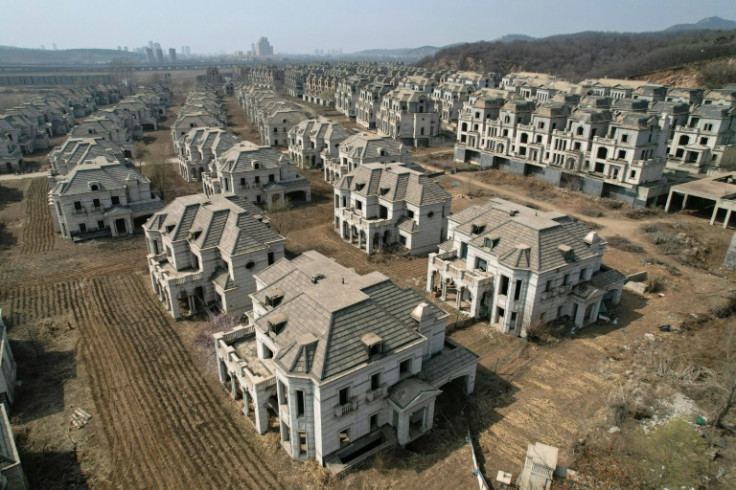China Reports Biggest Drop In Exports Since 2020

China last month suffered its biggest drop in exports for more than two years, according to official figures Tuesday, as the world's second-largest economy struggles with sluggish global demand and a domestic slowdown.
The data will likely ramp up calls for leaders to do more to revive growth, having laid out a series of stimulus measures in recent weeks.
Sales of Chinese products to foreign markets plunged 14.5 percent on-year last month, a third consecutive drop, according to the customs authority.
The decline was bigger than expected and the heaviest since a 17.2 percent drop in January-February 2020, when the economy came to a standstill in the early weeks of the Covid-19 pandemic.
Apart from a brief rebound in March and April, exports have been in constant decline since October.
The threat of recession in the United States and Europe, combined with high inflation, has contributed to weakening international demand for Chinese products in recent months.
Exports dived 12.4 percent on-year in June.
Shipments to the European Union in the first seven months of the year came to 2.08 trillion yuan ($288.9 billion), down 2.6 percent, the customs authority said in a separate statement on Tuesday.
Meanwhile, imports fell for the ninth month in a row in July, shrinking 12.4 percent in a sign of sluggish domestic demand.
The trade figures are the latest indicators that China's post-Covid recovery has run out of steam.
The economy grew just 0.8 percent on-quarter in April-June, while youth unemployment has reached record highs of more than 20 percent.
July's official manufacturing purchasing managers' index -- a key measure of factory output -- came in at 49.3, below the 50-point mark that separates expansion and contraction.
And the property sector remains in turmoil, with major developers failing to complete housing projects, triggering protests and mortgage boycotts from homebuyers.
The country's top leaders, known as the Politburo, have warned that the economy faces "new difficulties and challenges" as well as "hidden dangers in key areas".
China's State Council last month released a 20-point plan to increase consumption across the board, touching on housing, culture and tourism, as well as green consumption such as electric vehicles.
The central bank has also cut several interest rates in recent weeks in an effort to reinvigorate the economy.
Beijing is aiming for about five percent growth this year, one of the lowest targets set by the Asian giant in decades, and one that Premier Li Qiang has warned will not be easy to achieve.

© Copyright AFP {{Year}}. All rights reserved.



















